Civic Participation
For better or worse, government policy impacts most large-scale social problems. Because of this, the decision-making processes inside our democratic institutions are crucial: good processes offer paths for effecting positive social change, whereas bad processes may encourage changes that harm parts of the population. Many recent examples show that existing institutions fail to be responsive to needed change or fail to protect minority rights. Because of this, there is an urgent need to investigate modifications and additions to democratic processes that could improve their performance. Additionally, there is recent concern about the stability of democratic institutions worldwide, and preserving these institutions might require democratic reform. The MD4SG working group on Civic Participation brings together researchers who are passionate about exploring ways to deepen democracies. Crucially, our group connects mathematical views on these questions with perspectives from social science and practical experience.
2023/2024 Syllabus
The advent of
large language models (LLMs) such as ChatGPT enables democratic technologies to interface with human language in unprecedented ways, and opens up new analysis techniques for key democratic processes such as deliberation that have previously been hard to analyze. Simultaneously, current LLMs are not transparent, error-prone, and exhibit biases against groups and viewpoints.
This Fall, we will explore the intersection of democracy and LLMs with a line-up of great external speakers, a panel discussion, and hackathons, in which our group members can experiment and collaborate with these cutting-edge technologies.
If you’d like to join the group, please sign up here!
2022/2023 Syllabus
In the past year, we invited additional fantastic speakers at the interface of democracy research and practice, connected group members for collaboration, and heard about the research projects of our group members.

| Alberto Alemanno (HEC Paris) | Oct 3 and Oct 10 | Alberto is a professor of EU law at HEC Paris, and much of his academic writing studies policy ideas for overcoming social, health, economic, and political disparities of access in society. Outside of academia, Alberto has been an activist for a wide range of causes, promoting citizen interests in front of EU institutions. Alberto is also the founder and director of The Good Lobby, a nonprofit that supports grass-root movements in pursuing effective advocacy. |
| Democracy Hackathon | Oct 24 | Suggest a project pitch (a question that might lead to research, a topic to write about, ….). We’ll group around these pitches and race to make some tangible progress on the pitch. Maybe this can start a new project! |
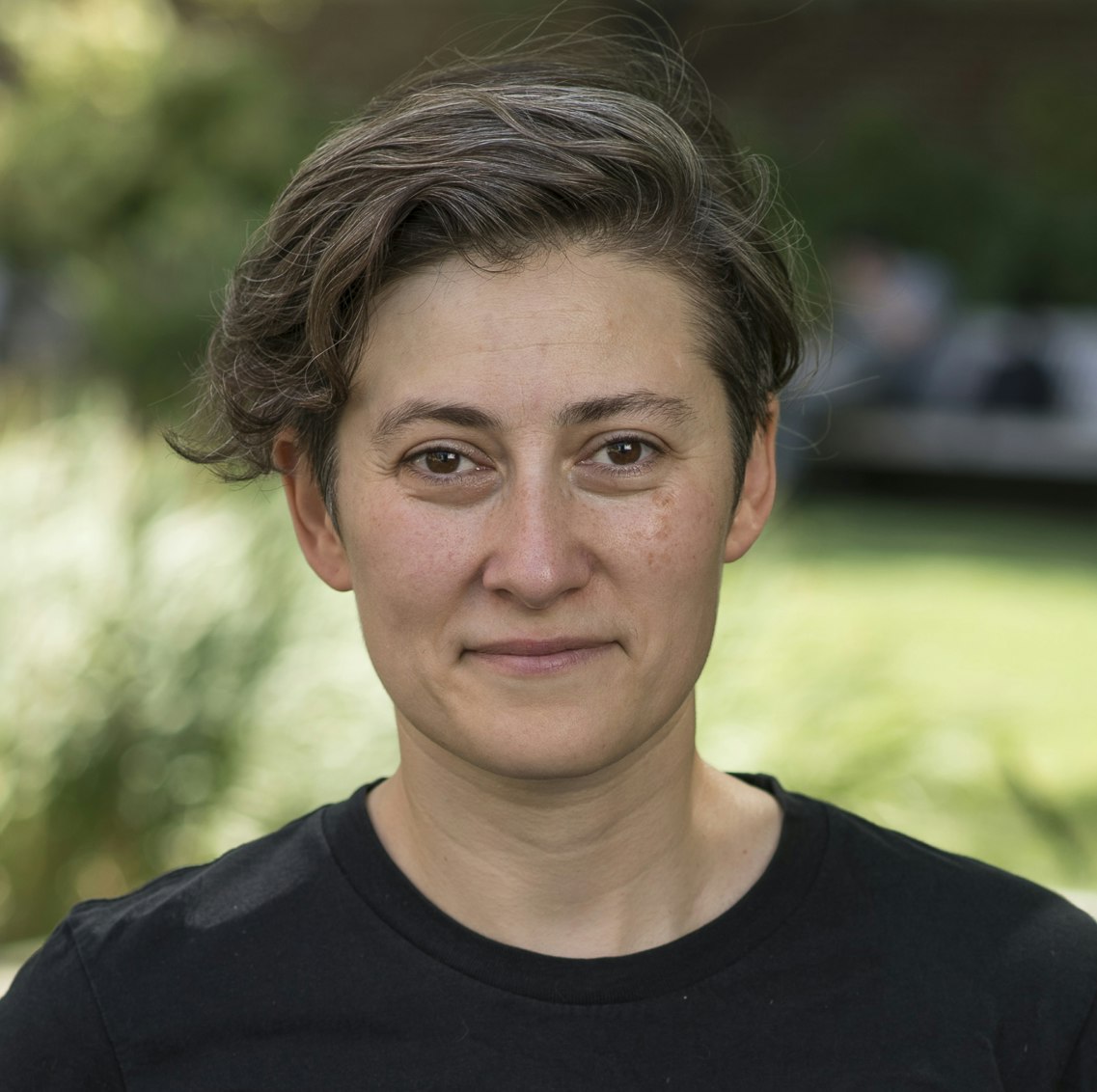
| Moon Duchin (Tufts University) | Nov 14 and Nov 21 | Moon is a professor of Mathematics at Tufts University. In addition to her work in geometric group theory and geometric topology, she has been a forefront of research on redistricting. Not only has she studied gerrymandering from theoretical and empirical lenses, but she has also been deeply involved in the practice of redistricting: as an expert witness, by advising politicians and the public, and by drawing districts herself. |
| Hackathon Experimentation | Dec 5 | The subgroups formed in the Hackathon will each perform a short experiment with the group, which will allow us to get hands-on experience with a question the groups have been thinking and reading about. |

| Olivia Muza (University of Rwanda) | Feb 20 | Our group member Olivia will speak about her work on side-selling of contracted sorghum in Zimbabwe, and about the tensions between theory and practice she encountered. |
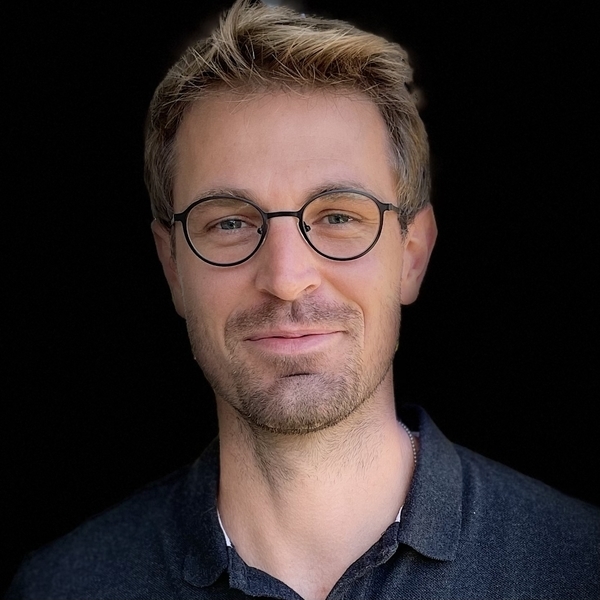
| Manuel Wüthrich (Harvard) | Mar 20 | Our group member Manuel will present about how to structure and summarize online, text-based discussions. |
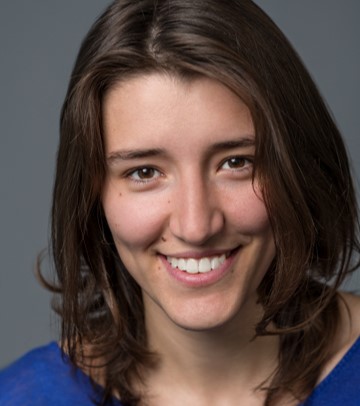
| Manon Revel (MIT) | Apr 3 | Our group organizer Manon will present her recent thoughts on different extensions and improvements to representative democracy. |
2021/2022 Syllabus
Over the past academic year, our main interest was practice: We've been hearing about problems encountered on the ground that computer science and economics have perhaps abstracted away, and about ways in which ideas from these disciplines can contribute to discussions among practitioners and lead to eventual real-world impact.
For this purpose, we have invited six outside speakers with experience in driving democratic reform and innovation.
Each speaker joined the group for two sessions: In the first session, the speaker presented their work and discussed it with the group. Over the following two weeks, a subset of the group reflected on the speaker's presentation, read up on connected topics, and drew connections to existing work/possible opportunities for work in the mathematical fields. Then, in the second session, this subgroup presented their thoughts to the rest of the seminar and to the invited speaker, sparking a second round of discussions.
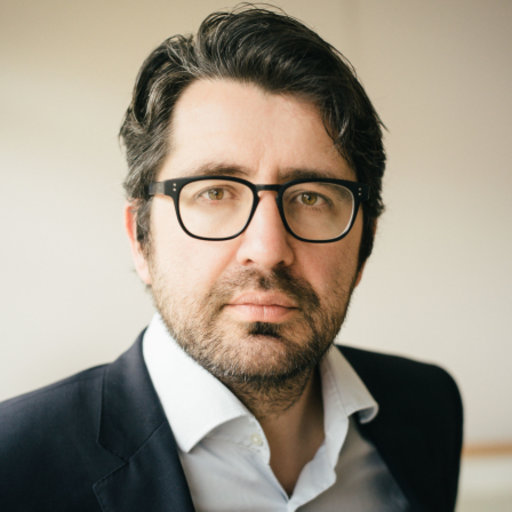
| Yves Dejaeghere (FIDE) | Oct 7 and Oct 21 | Yves is a long-time activist for sortition: He is the executive director of the Federation for Innovation in Democracy Europe (FIDE), a nonprofit think tank advising government authorities on creating citizens' assemblies. He has previously coordinated the Belgian think tank G1000. Recently, Yves and his organizations have helped create the first permanent sortition bodies in different regions of Belgium. In the past, Yves has worked on related questions as a political scientist. |
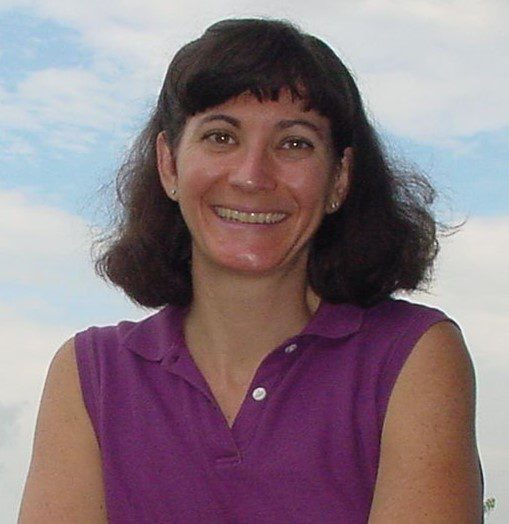
| Diane Silver (FairVote) | Nov 4 and Nov 18 | Diane is the Partnerships Program Coordinator at FairVote, a nonprofit advocating for voting reform and voting rights across the US. Diane has been active in the push for ranked-choice voting, now adopted for all state and federal elections in Alaska and Maine, for party primaries in multiple states, and for many local elections. Diane's broad background spans environmental education, science education, policy making, and advocacy. |

| Andreas Nitsche (Interaktive Demokratie) | Nov 4 and Nov 18 | Over a decade ago, Andreas co-founded LiquidFeedback, which is probably the most prominent platform for liquid democracy and uses liquid democracy not only for voting on decisions but also for deliberation. Ever since, Andreas has been thinking, writing, and advocating for integrating liquid democracy into society. Andreas and his nonprofit, the Association for Interactive Democracy, take a broad view on these questions, including, for example, questions of transparency, usability, the protection of minority opinions, and how these tools interact with social polarization. |
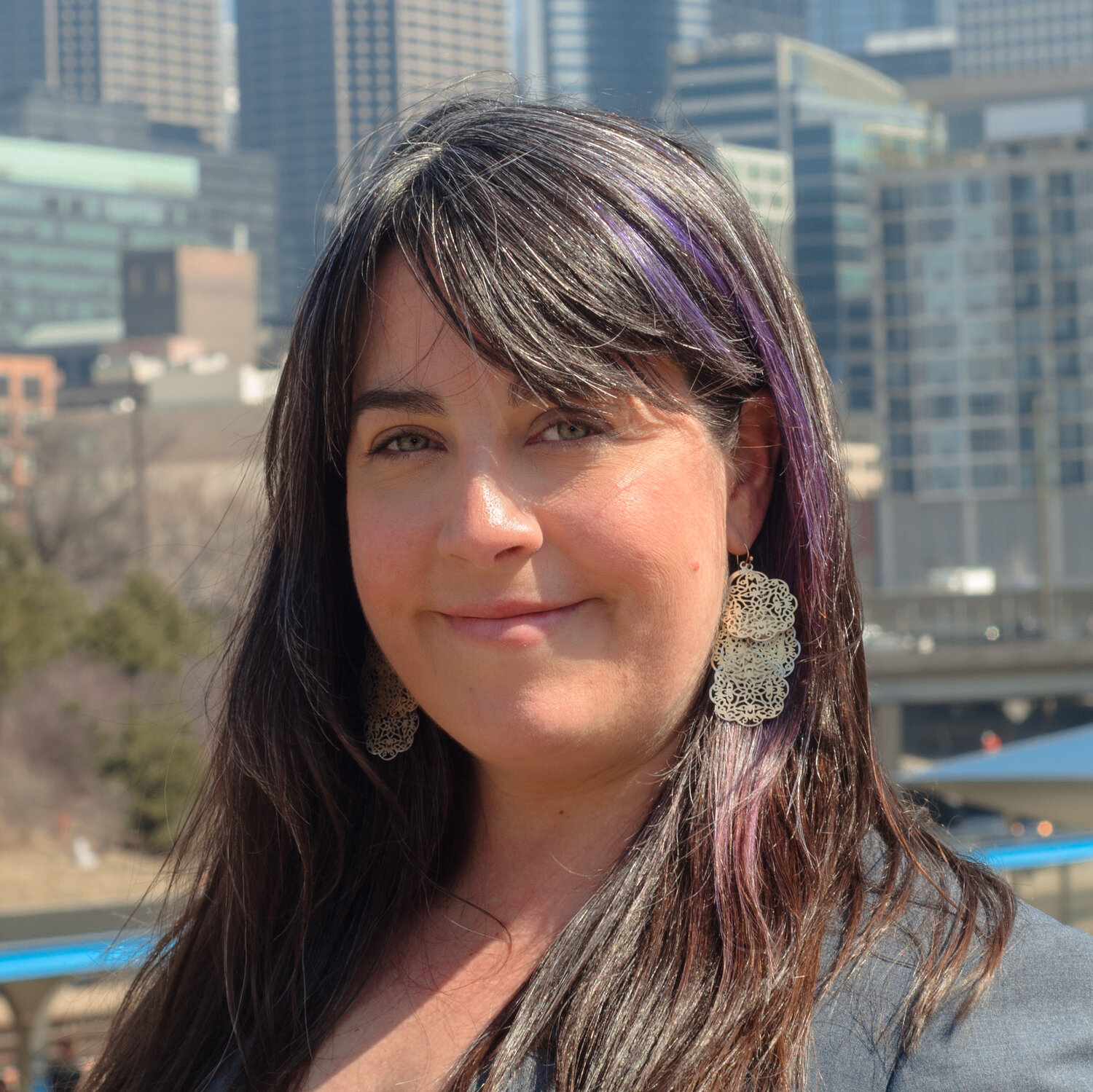
| Thea Crum (Great Cities Institute) | Feb 21 and Mar 7 | Thea is the Associate Director of the Neighborhoods Initiative at the Great Cities Institute and the Project Director for the Participatory Budgeting Chicago Initiative. Thea has extensive experience running participatory budgeting in Chicago, both in city programs and inside of schools. |
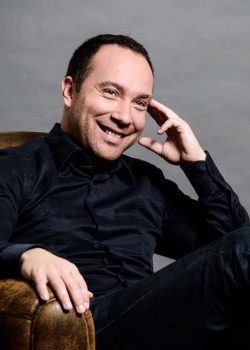
| Laurent Ladouari (Starship) | Mar 21 and Apr 7 | After leaving the French public service, Laurent founded a consulting company focused on group decision-making in private companies and government agencies. Laurent developed a method of deliberation, the ephemeral collective , which allows a group of anonymous individuals to collectively write a document in very little time. Laurent led a demonstration of this methodology with our group as participants, in which we collectively deliberated on the question What should be the role of mathematical theory in redesigning democracy? |

| Alice Siu (Stanford Center for Deliberative Democracy) | Apr 21 and May 2 | Alice is the Associate Director at Stanford's Center for Deliberative Democracy, a pioneer in the space of deliberative minipublics, which are forums for deliberation among a random sample of constituents. With a background in economics, public policy, political science, and communication, Alice has long studied deliberation as a scientist. In addition, she has advised global policymakers on deliberative minipublics. |
Working Group Organizers
| Manon Revel |
PhD student |
MIT |
| Paul Gölz |
Postdoc |
Simons Laufer Mathematical Sciences Institute, Cornell University |
Working Group Members
| Anand Shah | Predoc | University of Chicago |
| Andreas Nitsche | Practitioner and Computer Scientist | Interaktive Demokratie |
| Anson Kahng | Assistant Professor | University of Rochester |
| Darshan Chakrabarti | PhD student | Columbia University |
| Evi Micha | PhD Student | University of Toronto |
| Foulques Renard | Participation practitioner | City of Saint-Denis |
| Gili Rusak | PhD student | Harvard University |
| Gustavo Dias | Undergraduate student | University of Chicago |
| James Fox | PhD student | University of Oxford |
| Jonas Israel | PhD student | TU Berlin |
| Kanav Mehra | Masters student | University of Waterloo |
| Kwame Porter Robinson | PhD Candidate | University of Michigan |
| Lodewijk Gelauff | PhD student | Stanford University |
| Maaike Los | PhD student | University of Groningen |
| Mark Whiting | Postdoc | University of Pennsylvania |
| Markus Brill | Assistant professor | TU Berlin |
| Nicholas Teh | PhD student | University of Oxford |
| Rishi Advani | PhD student | University of Illinois at Chicago |
| Sonja Kraiczy | PhD student | University of Oxford |
| Stefan Forster | Masters student | Vienna University of Technology |
| Tye Lidman | Associate Professor | North Carolina State University |










